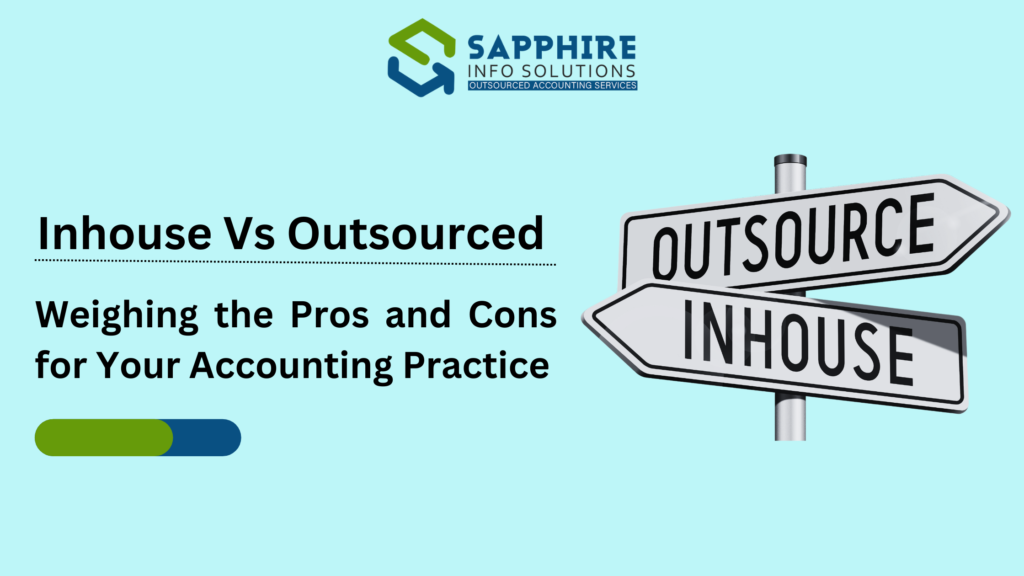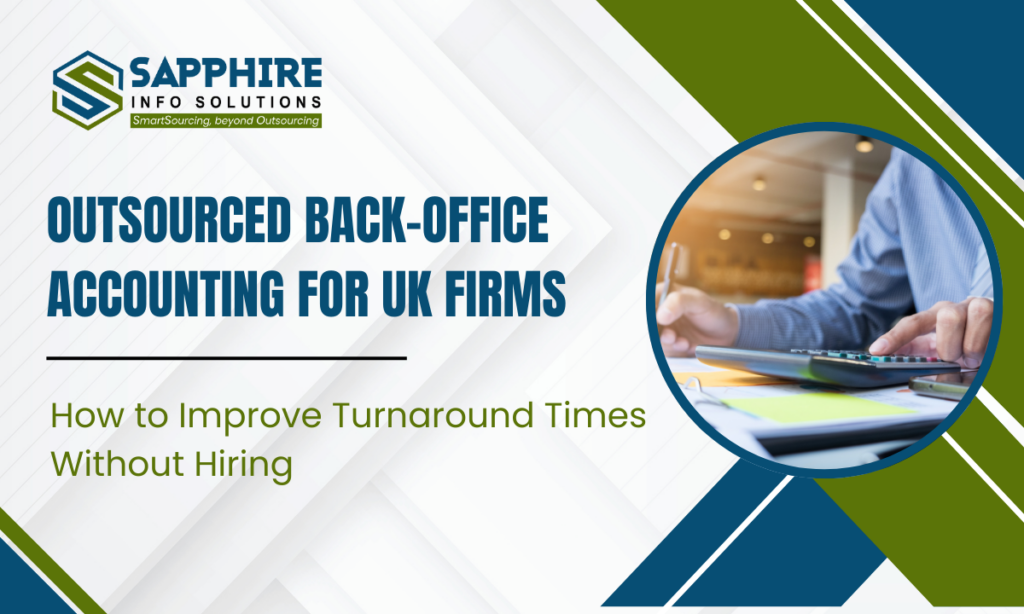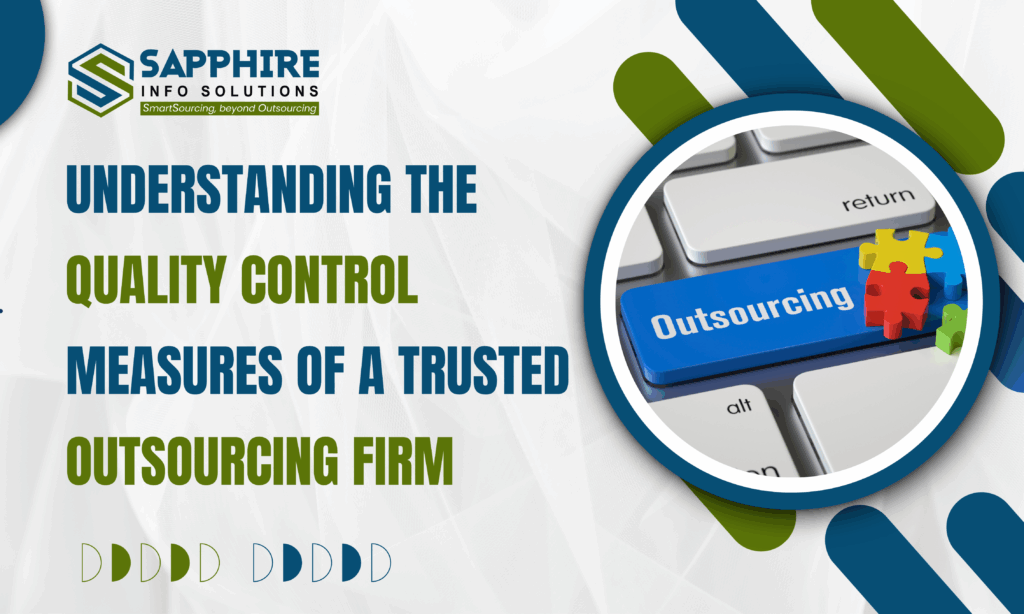In today’s competitive business environment, UK accounting practices face the critical decision of whether to outsource their accounting services or manage them in-house. Both options come with their own set of advantages and drawbacks, making it essential for accounting professionals to carefully weigh the pros and cons. This blog post aims to guide you through the key considerations, enabling you to make an informed decision that best aligns with your business goals and priorities.
The Benefits of Outsourcing Accounting Services
Outsourcing accounting services can provide numerous advantages for UK accounting practices, including:
1. Cost-effectiveness: Outsourcing can significantly reduce overhead and labour costs, as you only pay for the services you need, when you need them. This allows you to avoid the expenses associated with hiring, training, and retaining in-house accounting staff.
2. Access to specialised expertise and technology: By outsourcing your accounting functions, you gain access to a pool of skilled professionals with extensive knowledge of the latest accounting software, technologies, and UK regulations. This expertise can improve the accuracy and efficiency of your financial reporting and compliance.
3. Scalability and flexibility: Outsourcing offers the opportunity to quickly scale your accounting services up or down as your business grows or faces fluctuations in demand. This can be particularly beneficial for small and medium-sized accounting practices that need to adapt to changing market conditions.
4. Reduced risk: Outsourcing can help mitigate the risks associated with non-compliance and fraud. Professional accounting service providers are well-versed in UK regulations and often have stringent internal controls to protect against errors and fraud.
The Drawbacks of Outsourcing Accounting Services
Despite the benefits, outsourcing accounting services may also present some challenges, such as:
1. Potential loss of control and confidentiality: Outsourcing may lead to a perceived loss of control over your accounting processes and sensitive financial information. It is crucial to carefully evaluate the security measures and data protection policies of any potential outsourcing partner.
2. Communication challenges and cultural differences: Working with an external team can sometimes result in communication difficulties and misunderstandings due to cultural differences or varying work styles. Establishing clear communication channels and setting expectations can help mitigate these issues.
3. Dependence on third-party service providers: Outsourcing can create a reliance on external providers, which may become problematic if they fail to deliver the expected level of service or encounter issues that impact your business operations.
4. Potential for service quality issues: The quality of outsourced accounting services can vary significantly depending on the provider. Conducting thorough research and due diligence is essential to ensure that you choose a reputable and reliable partner.
The Advantages of In-house Accounting
In-house accounting also has its benefits, including:
1. Direct control and oversight of accounting processes: Managing your accounting functions internally allows you to maintain complete control over financial processes and reporting, ensuring that they align with your business objectives and priorities.
2. Enhanced team collaboration and communication: In-house accounting fosters a collaborative environment, promoting communication and teamwork among staff. This can lead to increased efficiency and the ability to quickly address any issues that arise.
3. Customisation and adaptability to unique business needs: With an in-house accounting team, you have the flexibility to tailor your financial processes and systems to your specific business requirements, enabling you to adapt and respond to changes more effectively.
4. Greater protection of sensitive financial information: Handling your accounting internally can help safeguard confidential financial data, as you have direct control over access and security measures.
The Disadvantages of In-house Accounting
However, in-house accounting also comes with its own set of challenges:
1. Increased overhead and labour costs : Managing an in-house accounting team can be more expensive due to the costs associated with hiring, training, and retaining staff. Additionally, you will need to invest in accounting software, hardware, and other resources to maintain an efficient in-house team.
2. Limited access to specialised expertise and technology: In-house accounting teams may struggle to stay updated with the latest industry developments, software, and UK regulations. This can impact the accuracy and efficiency of financial reporting and compliance.
3. Challenges with scalability and adapting to fluctuations: Expanding or downsizing an in-house accounting team can be time-consuming and costly, making it difficult to adapt to changing business needs and market conditions.
4. Potentially higher risk of non-compliance and fraud: Without access to specialised expertise, in-house accounting teams may be more susceptible to errors and non-compliance with UK regulations. Furthermore, inadequate internal controls can increase the risk of fraud.
5. Factors to Consider When Deciding Between Outsourcing and In-house Accounting
When weighing the pros and cons of outsourcing and in-house accounting, consider the following factors:
1. Business size and growth potential: Assess the current size of your accounting practice and its potential for growth. Outsourcing may be more suitable for small and medium-sized practices that need to adapt quickly, while larger practices may benefit from an in-house team.
2. Complexity and specific needs of the accounting practice: Evaluate the complexity of your accounting processes and the unique needs of your practice. Customised solutions may be more easily achieved with an in-house team, whereas outsourcing can provide access to a wider range of expertise.
3.Budgetary constraints and cost-benefit analysis: Analyse your budget and conduct a cost-benefit analysis to determine which option best aligns with your financial goals and resources.
4.Risk tolerance and confidentiality concerns: Assess your risk tolerance and the importance of safeguarding sensitive financial information. Consider whether outsourcing or in-house accounting can best address these concerns while maintaining compliance with UK regulations.
In conclusion, the decision between outsourcing and in-house accounting depends on each accounting practice’s unique needs and circumstances. Companies like Sapphire Info Solutions showcase the potential benefits of outsourced accounting services, including cost-effectiveness, access to specialised expertise, scalability, and compliance. It is crucial to carefully weigh the pros and cons and seek professional advice to make an informed decision that best positions your accounting practice for success in the competitive UK accounting landscape.

















